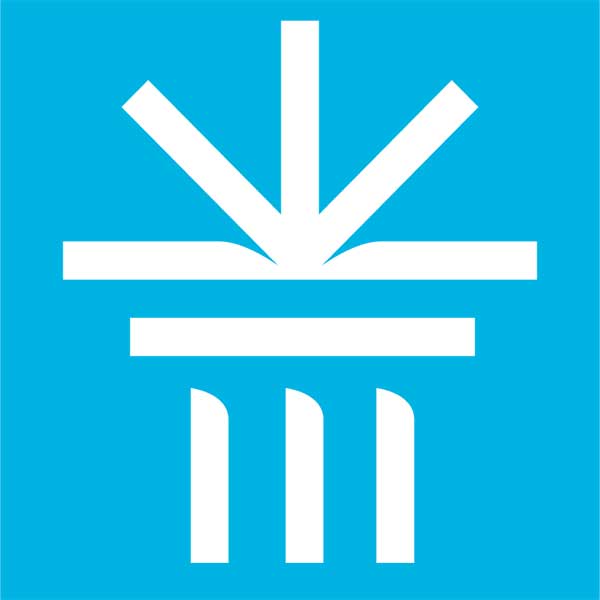Three Key Books for
the New Classical Teacher

By Ashlyn Thomas
Now is the perfect time for the novice teacher to settle in his or her mind ... what to do when real live children start coming through that door in the fall.
Beginning a career in education can be one of the most exciting moments in one’s life. At the same time, stepping into the classroom can be fairly daunting! It is July, the month before the return of students and the start of a new academic year. Without the daily preparatory demands of the classroom, educators have space to reflect, read, and build themselves a strong foundation for the fall.
To do that, we need the right idea of what education is: the shaping of loves and recognizing the magnanimity of the willed soul. When I first began teaching in the classical tradition, I armed myself with three books that I hope will give you the philosophical grounding, historical perspective, and personal clarity you need to start your first year with confidence and purpose.
MISS PRISM. Do not speak slighingly of the three-volume novel, Cecily. I wrote one myself in earlier days.
CECILY. Did you really, Miss Prism? I hope it did not end happily.
MISS PRISM. The good ended happily; and the bad, unhappily. That is what Fiction means.The Importance of Being Earnest (2002 film adaptation), Oscar Wilde
1. The Liberal Arts Tradition: A Philosophy of Classical Christian Education
—by Kevin Clark and Ravi Scott Jain
This book provides a comprehensive framework for understanding the historical and theological foundations of classical education, which is essential for any new educator seeking to grasp the full scope and depth of their vocation.
❧ Clarifies the Stages of Formation: The book outlines the progression from “piety and gymnastic” to “the liberal arts and philosophy,” giving educators a vision of human formation that extends beyond mere academics to holistic development.
❧ Integrates Theology and Pedagogy: It emphasizes how classical education is not merely about content mastery but about cultivating wisdom and virtue through the integration of Christian theology and educational philosophy.
2. The Great Tradition
—anthology, edited by Richard Gamble
This anthology connects the modern classical educator with the long and rich lineage of educational thought, grounding them in a historical conversation that spans millennia.
❧ Engages with Primary Sources: From Plato to Augustine to Comenius, the text provides access to foundational thinkers in education, helping teachers form a historically rooted understanding of their practice.
❧ Inspires a Noble Vision of the Teacher’s Role: Reading the reflections of educators and philosophers through the ages instills a deep sense of vocation, where teaching is seen not merely as a job, but as a participation in the formation of souls.
3. The Risk of Education: Discovering Our Ultimate Destiny
—by Luigi Giussani
Giussani challenges educators to recognize that education is a dynamic, relational, and unpredictable endeavor aimed at awakening the deepest desires of the human heart toward truth and meaning.
❧ Centers Education on Encounter and Freedom: The book argues that true learning begins in the encounter between teacher and student, where freedom and authority meet in the pursuit of truth.
❧ Restores Purpose in a Fragmented Culture: In a world of utilitarian schooling, this book re-centers education on human flourishing and purpose, helping educators see their role as both urgent and sacred.
These three texts together form a rich triad: we proceed from our philosophical foundation in The Liberal Arts Tradition, gain a sense of historical continuity via The Great Tradition, and conclude with a call to present action in The Risk of Education. This offers the first-year teacher the why, what, and how of classical education in a cohesive and transformative way. Teachers are invited to see their role as shapers of souls, not just transmitters of content. It provides a comprehensive framework connecting pedagogical decisions to a deeper purpose. Still more, we are edified by seeing for ourselves that classical education is not a trend, but a tradition—one with deep roots in the greatest minds of the past, from Plato to Augustine to Newman. Education is not about classroom management, control, or efficiency, but about awakening desire and guiding students toward truth through relationship and trust.
Teaching is not a job but a vocation, rooted in tradition, oriented toward transcendence, and lived out through real, human connection. Leaf through these pages while the heat keeps us indoors; bookmark them, dog-ear them, scribble tiny notes in them now, and when you revisit them in the slow, grey days of the academic year, you will remember how to find your way.
If you enjoyed this piece, you might also like our series on the CLT Author Bank (our take on a high-school level Great Books list). Going back nearly forty centuries to the Epic of Gilgamesh, passing from there through classic authors and works of Antiquity and the Middle Ages like Homer, Aristotle, Athanasius, Beowulf, and Dante, on into Modernity from Teresa, Shakespeare, and Descartes down to Shelley, Einstein, and Baldwin, all the men and women (and anonymous volumes) of our Author Bank are sketched for the reader who may just be meeting a new friend, or reacquainting themselves with an old one. Happy reading!
Published on 1st July, 2025.